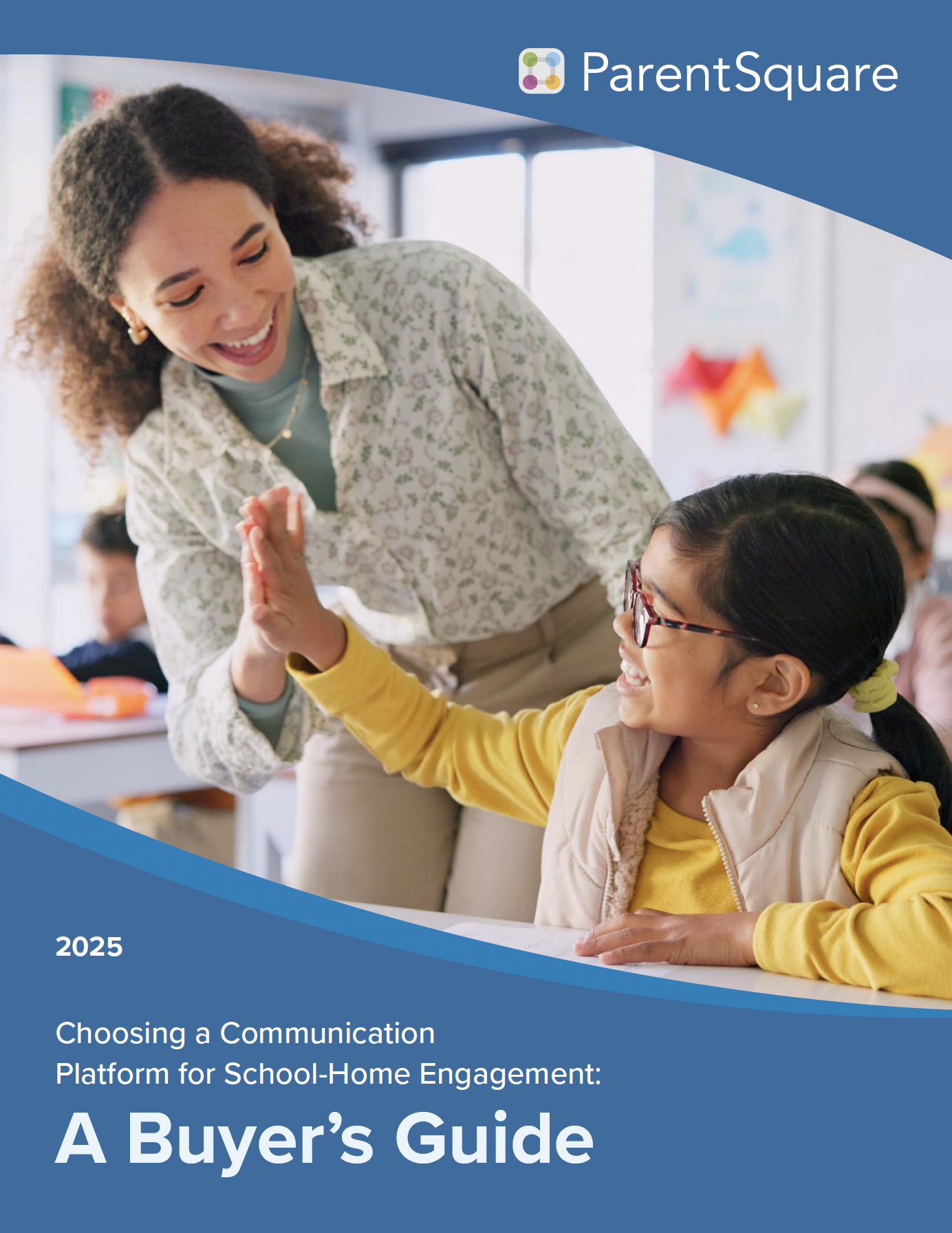“You know, the transition to remote learning in March was really smooth. We didn’t have a single issue… everything was perfect!” — said no one.

The abrupt, yet necessary shift to distance learning in K-12 was tough on everyone: educators, students, staff and families. Switching to remote learning drastically impacted the role parents play in their children’s education — with little to no preparation!
Parents have an even greater involvement than before in their student’s education across four areas:
1. Accessing Necessary Resources
How do you ensure students have everything they need to be able to do their school work? Students (especially younger ones) might need a lot of parent help to:
-
Collect iPads/Chromebooks & school supplies
-
Set up new devices and access wifi & school account logins
-
Join virtual meetings and troubleshoot audio & video
-
Pick up & drop off paper packets and submit assignments online
2. Creating (and Maintaining) a Place for Learning
Family and living conditions have a HUGE impact on learning. All of the following now need family support and action:
-
Set up a good place to study — quiet and distraction-free when needed
-
Provide supplies to complete assignments (graph paper, erasers, sharpeners, art supplies, etc.)
-
Prioritize & encourage learning and help students focus on their schoolwork
-
Establish daily/weekly schedules and learning routines that work for the student (as well as the family)
3. Supporting Students as They Learn
Teachers need parents to help students navigate assignments — and ultimately — learn. Parents can:
-
Talk through difficult assignments with their student and act as a sounding board
-
Encourage or coach students on longer creative projects
-
Let students “teach” the material to them
-
Review assignments before they are submitted
-
Act as accountability partners: “Let’s sit together and see if all your class assignments are up to date… Yes, it does matter if you turn things in on time, it does matter if you learn the math!”
4. Helping Students Cope With Added Stress
The events of the last four months have already impacted students in ways that will later be studied and discussed in years to come. We may see students have difficulty as they:
-
Miss their friends, extracurricular activities and face-to-face interaction
-
Cope with distance learning and new kinds of schoolwork
-
Worry about the pandemic and its impact
-
Process recent social justice demonstrations and initiatives
One thing is clear: families have an even greater role in supporting students’ mental health and social-emotional growth during school closures and distance learning.
So, how can schools support parents in their new roles, you ask?
Here are 7 Ways to Maximize Parent Support When K12 Goes Back to School!

